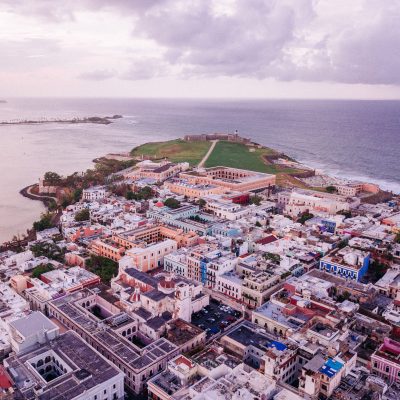
Buying a Home in Puerto Rico
Looking to buy a home in Puerto Rico? Here is a step-by-step guide to Puerto Rico’s real estate and finding your Caribbean dream home.
- By Angela from Piloto151
- August 1, 2022
- 10 min read
Let's Buy a Home!
There are multiple reasons to buy a home in Puerto Rico. With its year-round warm weather and rich, vibrant culture, Puerto Rico is a beautiful destination to buy a home. Lucrative tax incentives are another reason to purchase a home on the island. In 2019, Puerto Rico’s Act 60 made it mandatory to buy a property within two years of obtaining a decree. Therefore, if you are an Act 60 Individual Resident Investor, you must purchase a home in Puerto Rico to maintain your status.
Get Pre-qualified for a Loan
Buying a property on the island can be very different than on the mainland. To purchase a home in Puerto Rico, you are required to be pre-qualified for a loan. If you are planning a cash purchase, you must show evidence of sufficient funds. A good credit score and a 20% downpayment are the norm for getting a loan. If you are using an FHA loan, you have the option to purchase the property with a 3.5% down payment, although there is a maximum loan limit. The Urbital App for real estate home prices in Puerto Rico provides access to pre-qualification services with select mortgage banks.
It is advisable to streamline the home-buying process by speaking with a mortgage broker to help you determine a price range of how much you can afford. Your agent may refer you to an experienced mortgage broker who is fluent in English to explain the terms and conditions of the mortgage and avoid any miscommunications.
Where to Buy
Whether looking for a beachside town or a lively city, you can find your Caribbean dream home in PR. Popular among foreign buyers are the areas of Condado, Isla Verde, Dorado Beach, and Palmas del Mar. Even though the cost of homes on the island is generally low, prices in these desirable neighborhoods are higher.
To ensure you find the perfect home in your ideal neighborhood:
- Compare the towns and cities that appeal to you so they align with your lifestyle needs.
- Speak with residents to get their opinion on the community.
- Explore the area for local schools, shopping centers, grocery stores, places of interest, and local attractions.
- Research the neighborhood’s safety, traffic, and commute to work.
- Consider further details about the area, such as flooding zones and aircraft noise if close to the airport.
Real Estate Agents
A qualified real estate agent can also help you determine a neighborhood that is right for you as they are familiar with the local market and communities in their service area.
Real estate agents in PR tend to work as dual agents, meaning they serve both the seller and the buyer. In this case, the seller will cover the realtor’s commission, typically 5-6%. However, sometimes the buyer may be expected to cover a “hunter’s fee.”
A dual agent will likely steer you to their listings and eventually run out of properties to show you if the homes don’t meet your needs. You will then have to move on to another agent to continue house hunting.
Co-brokers or cooperating brokers are also common, also known as buyer’s agents, where the commission is usually split 50%-50% between agents. Sometimes, your agent might have to negotiate their commission with the seller’s agent before showing the listing, which might lead to delays.
House Hunting
Unlike in the US mainland, Puerto Rico does not benefit from a multiple listing service (MLS). In place of MLS, you can consult an agent’s website or peruse online listing databases, such as ClasificadosOnline. This website is written entirely in Spanish and has outdated visuals but offers a comprehensive inventory of homes. Be careful with some of their listings as they may have unreliable information with outdated or even duplicate listings. Therefore, you must verify listings through a thorough inspection or a real estate agent.
Other database options are Point2Homes and Zillow, both user-friendly and up-to-date. Unfortunately, Zillow offers limited inventory with many available properties not listed in their database.
Since no MLS is available, it is hard to have comparable sales data. As a solution, agents turn to TasaMax, a reliable third-party service that provides this information. You can also turn to the Urbital Real Estate App offers price information by region.
Once you start touring homes in your price range and preferred neighborhoods, take notes and pictures of the homes you visit so you can remember each property. If buying an apartment, verify that the building has a backup generator and is hurricane-proof.
Make An Offer
Once you have found your dream home, look to hire a lawyer, which will cost you a few hundred dollars. In PR, your offer starts with a verbal agreement that is then put into writing. A notary, not a lawyer, is the one who preps the sale and purchase of the deed. A lawyer can help you negotiate your contract to secure favorable terms and conditions. Therefore, hiring a lawyer is imperative when purchasing a home in an unfamiliar market. Piloto 151 can recommend notary services through our principal legal council, Stolberg Law.
The contract is an “option agreement” rather than the “purchase agreement” typically used in the US. In an “option agreement,” the buyer puts up “option money,” which is negotiable and ranges between 5-10% of the cost of the property. This money is then deposited in a trust account by the listing broker. The regulating entity that licenses brokers monitors the management of these accounts.
Get Funding
Mortgage interest rates are usually higher in PR than in the mainland. You might be better off getting a loan from a bank in the US, although many banks may not be up to lending money in PR.
Interest rates will change throughout your home search, and lenders in PR usually don’t lock in rates. Unexpected rate changes are a risk, but one you must take to avoid losing the option money you put upfront with your offer.
Home Inspections and Appraisals
A home inspection, which typically costs around $300, is highly recommended. A home inspection can save you from costly repairs that you might have overlooked. You can include a contingency clause on repairs in the option agreement if there are any. This clause should allow you to walk away from the deal, especially if it is a costly expense. The seller might not agree to these stipulations, but you can try.
It would be best to inspect all the appliances on the property you wish to keep, such as washers, dryers, refrigerators, furniture, generators, and cisterns. Ensure that the sales contract explicitly states the items included and excluded in the sale.
The lender will likely order an appraisal for the property, but your lawyer may suggest having the option agreement contingent on the inspection. Therefore, you can walk away or negotiate a lower price if the appraisal is lower than your offer.
Get Homeowners Insurance
Homeowner’s insurance is imperative for protecting your property and you from potential liability. Additionally, your mortgage lender will require you to purchase insurance. Most major insurance companies operate in PR and offer a wide range of coverage.
As stated previously, homes in PR are susceptible to hurricanes. If the home is close to a body of water, there may be additional flood insurance restrictions. Therefore, the cost and coverage will mainly depend on the insurance company, the location of the home, and your needs. These policies most likely will include property and liability.
Closing on a Home
Closing transactions typically occur at the lending bank’s office within 15-45 days. The final walk-through occurs before the closing. In PR, all the involved parties in the sale must be present at the closing. Also, be prepared for the process to take hours as there are plenty of proceedings and paperwork to sign. Your lawyer then registers the transaction with the Registry of Property in PR.
Some fees you, the buyer, are responsible for are: registration and filing fees, internal revenue stamps, and lawyer fees. The seller is responsible for additional fees, including overdue property tax and HOA dues.
About Piloto 151
Piloto 151 is the destination for virtual offices, flexible workspaces, and private office space. With coworking spaces in the heart of San Juan, Puerto Rico, our spaces have been designed to inspire creativity, cultivate connections, and celebrate wins.
Let us help you prepare your business for landing in paradise, from incorporating your business, getting a physical business address, and virtual mailbox services to permitting and certification under Puerto Rico’s world-class tax incentives, including Act 60. Contact us to get started.


